How to Start a Sustainable Clothing Line
I’ve been a conscious consumer myself for years and an ethical shopper, so I’m delighted to see so many new brands wanting to work sustainably. In this post I wanted to share some of my top tips for starting a sustainable fashion business. As well as the befits for the earth, a sustainable business model can actually save you money too.
If you’re serious about starting a sustainable brand, you can also register free for my ‘How to Start a Sustainable Clothing Line’ Masterclass by clicking here. This will give you an overview of steps that all sustainable brands need to take in order to launch and be successful.
In this post, I'll be covering my tips for starting an eco-friendly line specifically. I've worked with around 50 (maybe even 75....) sustainable clothing lines and these are the things new brands have found most useful to know.
Sustainable and Ethical are different things
Many people put sustainable and ethical in the same category and although they’re often seen together, they are different things. Sustainable refers to a brands impact on the environment, while ethical relates to the health and wellbeing of any people and animals involved in the production process. Products using materials like leather, wool, silk, angora and alpaca have ethical considerations, with people having different views on this. Some people are vegan and wouldn’t buy these products, while others may be willing to buy as long as good animal welfare can be assured.
It’s important to define what sustainable and/or ethical means to you and have this as a core part of your brand identity and philosophy. A sustainable brand will never please everyone - at the moment there’s not a way of producing a 100% sustainable product, when you consider emissions, raw materials and everything that goes into a product (although, with technology advancing as it is, I hope that we will see a 100% option in the near future). Because of this, it’s important to clearly outline your mission, your views and beliefs, so that a customer can make an informed choice.
Sustainable refers to the whole business, not just the clothes
Creating an eco-friendly brand involves looking at the business as a whole - from the way you light your office, the way you send and receive goods and the materials and processes involved in your production. Customers are expecting brands to be sustainable, not just their clothing, so if you send their products to them wrapped in lots of plastic, they’ll most likely be left disappointed. Many sustainable clothing companies offset the carbon on their deliveries and use recycled packaging that is bio-degradable, for example. You can find more tips in this article.
There’s a lot of greenwashing happening
This one makes me really angry! As sustainable has become something of a buzz word, some brands and suppliers are using this term, even though their products are actually bad for the environment - this is called greenwashing. Savvy customers are always on the lookout for people who are greenwashing, hence why it’s especially important to be transparent.
Greenwashing makes it hard for you to verify your products, as you’ll often have to trust the supplier and what they’re saying is true. One way to ensure your fabrics are sustainable is to look out for recognised certifications, such as Oeko-Tex or GOTS (The Global Organic Textiles Standard). If you’re unsure if a certificate is genuine, or you don’t know what to look out for, you can contact these agencies directly to check against their database.
Consider the afterlife too
A truly sustainable company not only thinks about the production of the garment and the processes they use, but they also consider what happens to the garment when it’s no longer wearable. Of course, we want to make garments to last, but nothing lasts forever. By using entirely bio-based materials brands can ensure that clothing decomposes easily, rather than sits in landfill for the next few hundred years. If you’re using fabrics like recycled polyester, yes this helps to put existing plastic to good use, but it will be in the trash for hundreds of years as it is essentially plastic. To find a way around this, some brands have introduced recycling schemes, repair services, or they encourage customers to upcycle their products, or give them to someone who likes to sew.
Manufacturing approach
If you want to operate ethically, you’ll want to work with a trusted factory. If you can’t visit the factory yourself, you can arrange for independent audits to take place. Like many people, I believe that it should be a basic human right to be paid fairly and work in a safe environment. Unfortunately for many people, this isn't the case and slave labour is still common in fashion production; something that ethical brands need to be aware of. Also keep in mind that even if you live in a ‘developed’ country, slave labour still takes place there too - don’t take local law to mean that staff are protected, unfortunately this isn’t always the case.
For sustainable production, you’ll want to ask the supplier about their methods. For instance, if you’re dying fabrics you’ll want to look out for a closed loop process, which means that water isn’t wasted and poisonous dyes aren’t released into local rivers. You could ask them where their energy comes from (eg, do they use clean energy like solar panels) and what steps they’ve taken to reduce emissions. You’ll tend to find that people who are passionate about sustainability will be proud to tell you all about their methods, whereas those who aren’t tend to change the subject! Of course, it’s always good to do further research and get as much information as you can.
Sustainability is a complex topic, but I hope this post has been a helpful introduction! If you want to learn more, you can register free for my Masterclass ‘How to start a Sustainable Fashion Brand’ by clicking here.

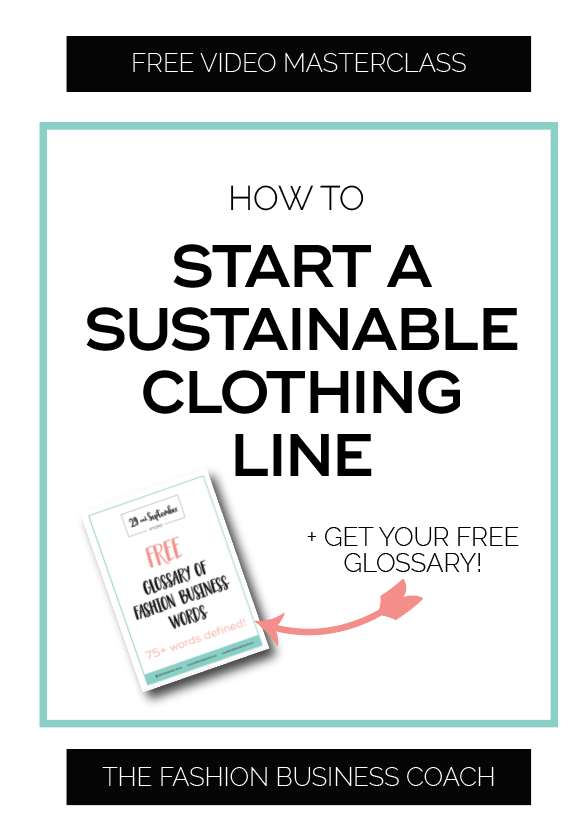
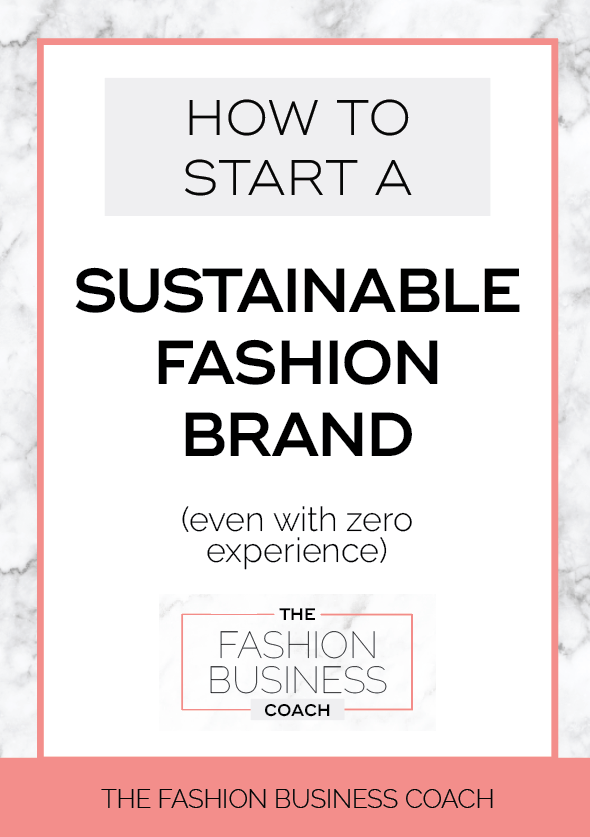
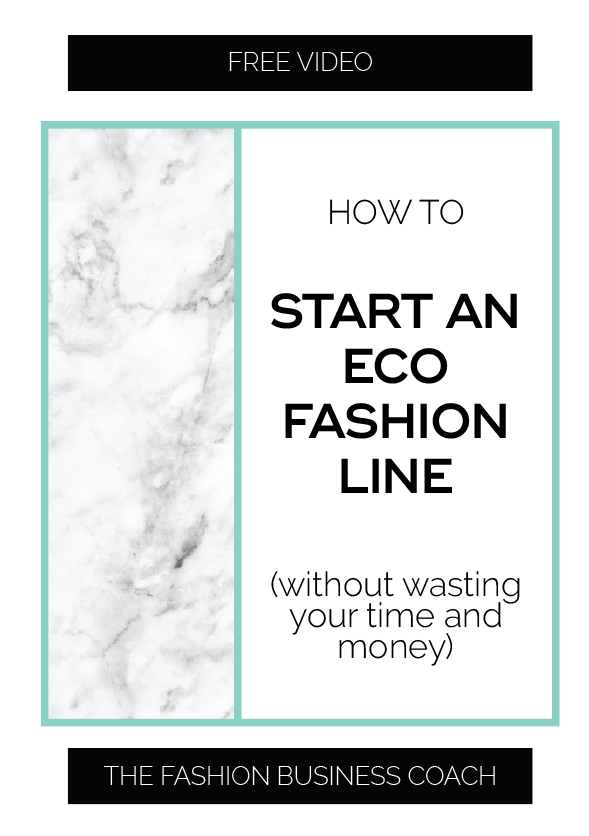
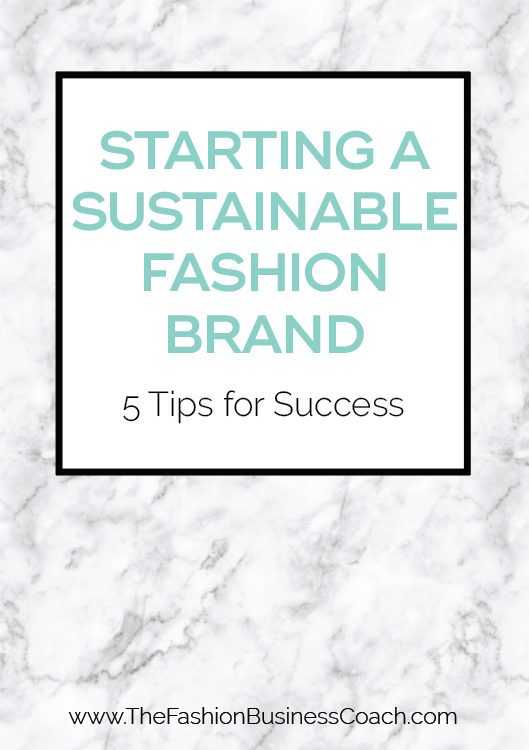
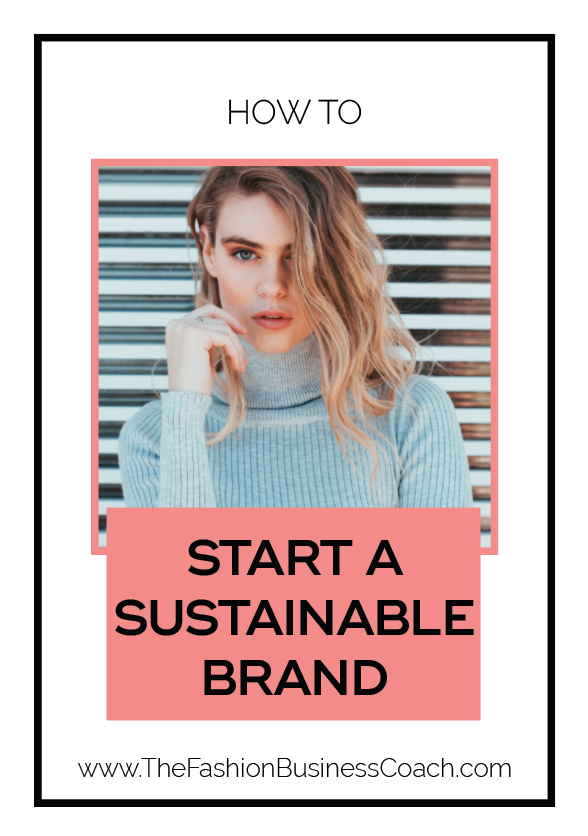
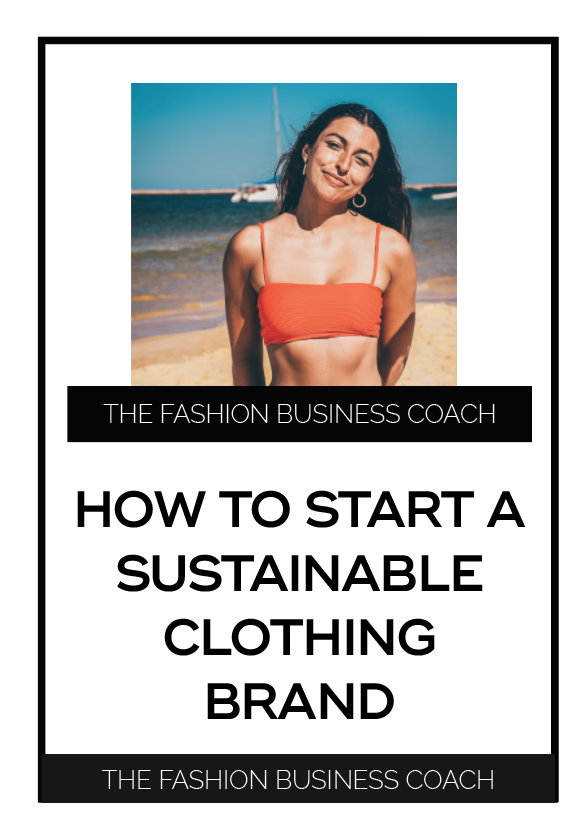
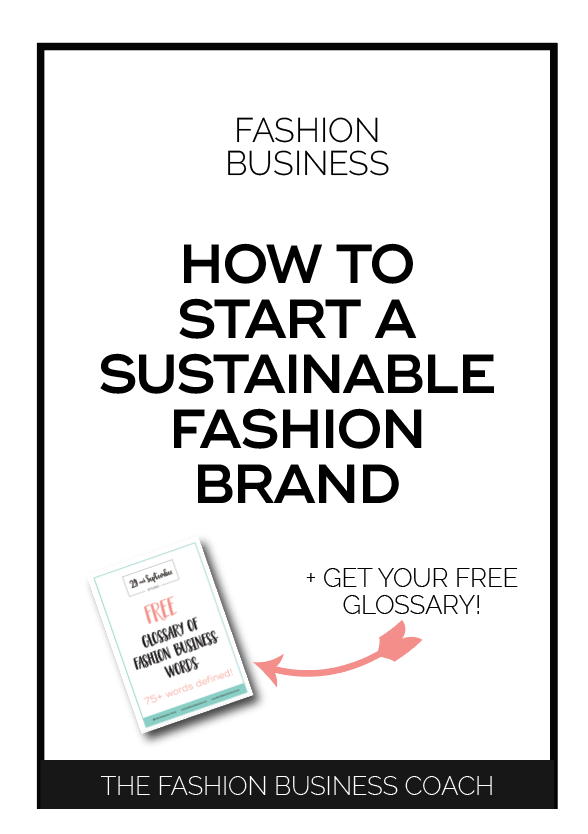
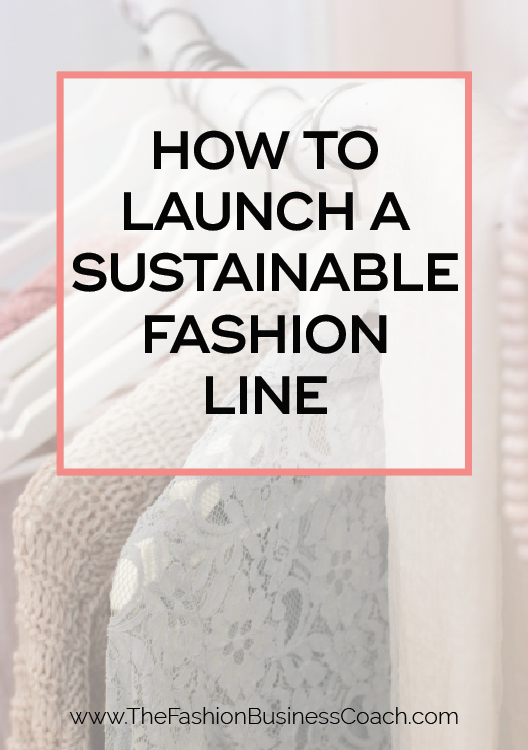
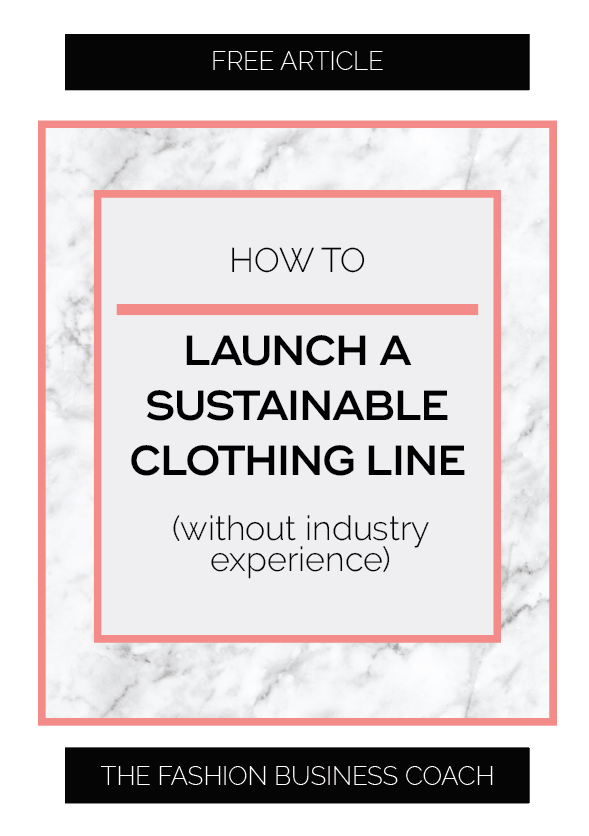
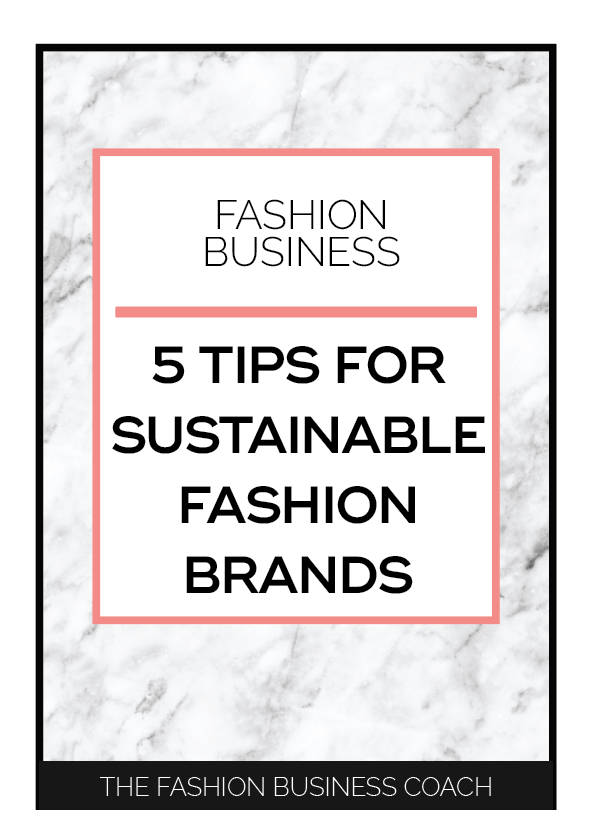
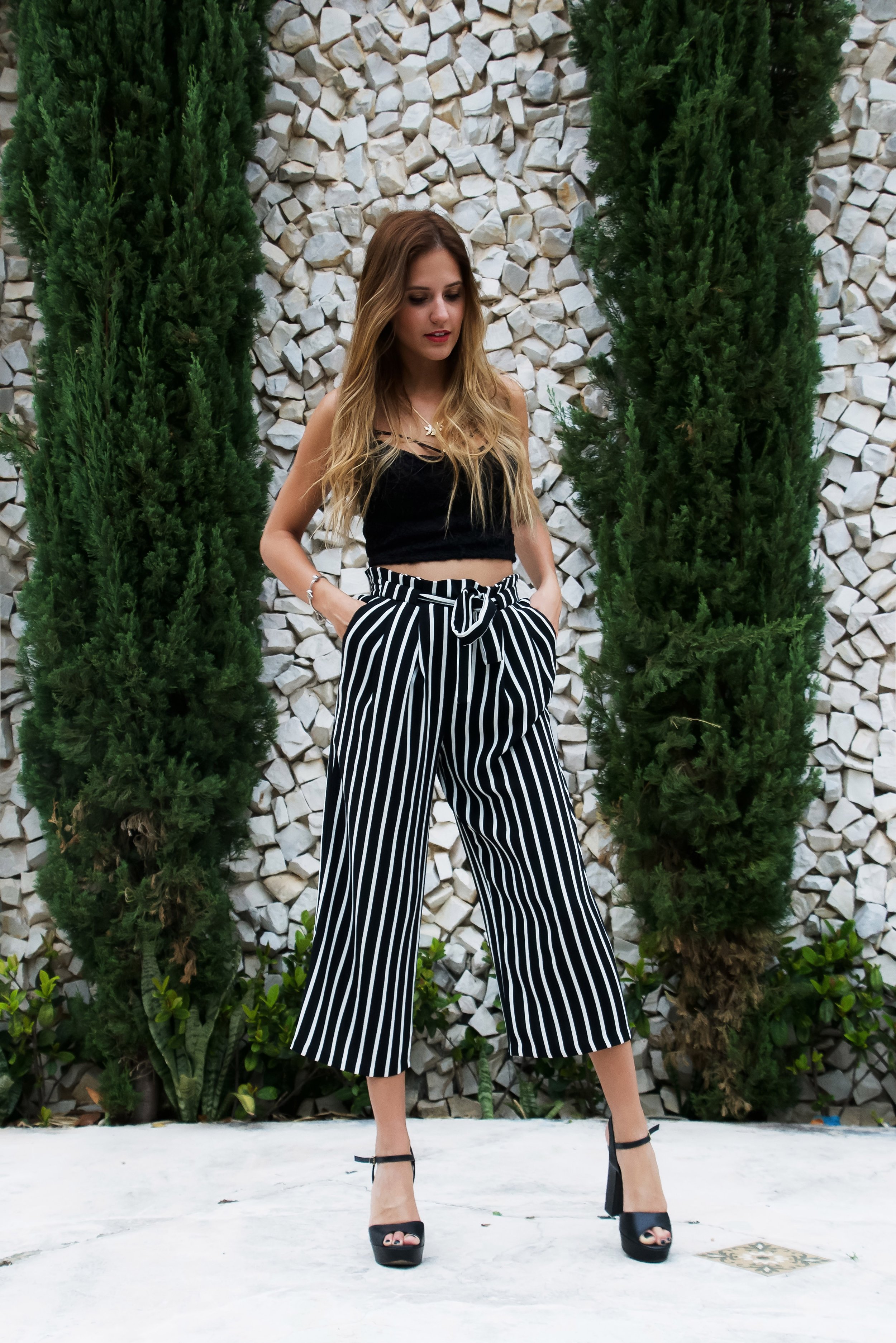















Pickleball outfit inspiration……